Deirdre K. Mithaug, Martin Agran, James E. Martin, Michael L. Wehmeyer0805836985, 9781410606235, 9780805836981
Книга Self-determined Learning Theory: Construction, Verification, and Evaluation Self-determined Learning Theory: Construction, Verification, and Evaluation Книги Психология, философия Автор: Dennis E. Mithaug, Deirdre K. Mithaug, Martin Agran, James E. Martin, Michael L. Wehmeyer Год издания: 2002 Формат: pdf Издат.:Lawrence Erlbaum Страниц: 739 Размер: 13,4 Mb ISBN: 0805836985 Язык: Английский0 (голосов: 0) Оценка:This volume brings together four semi-autonomous bodies of research (choice, self-determination, self-regulation, and self-management) to form a new theory of self-engaged learning entitled, Self-Determined Learning Theory. This theory explains why and how students self-engage. It identifies the factors that give students the sense of control over their learning that is needed for sustained, adaptive, and ultimately successful learning. It begins by describing the characteristics of disengaged learners, then describes and illustrates self-determined learning theory within both normal and special populations. It then examines the theory’s predictive value across several special population contexts and then concludes with a critique of the theory’s credibility and worth.Divided into three sections–theory construction, theory verification, and theory evaluation–this volume is organized using the four steps of a previous book, Learning to Theorize: A Four Step Strategy. Step 1 defines a problem of not understanding something as discrepancy between what is known and not known about a circumstance. Step 2 searches for information and explanations to change the condition of not knowing into a condition of knowing. Step 3 evaluates the credibility and worth of the explanation constructed in Step 2. Step 4 adjusts existing beliefs so they are consistent with the new theory.Although aimed primarily at leaders in special education, it should also appeal to researchers and scholars in psychology, educational psychology, and school psychology who are interested in the applications of self-regulated learning theory–in this case to special populations. | |
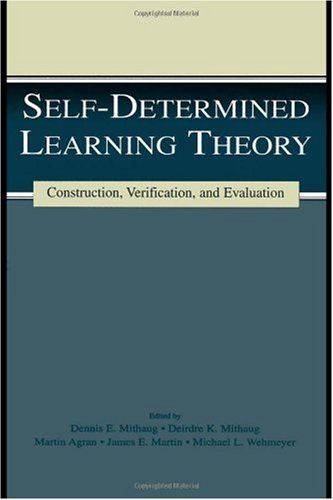
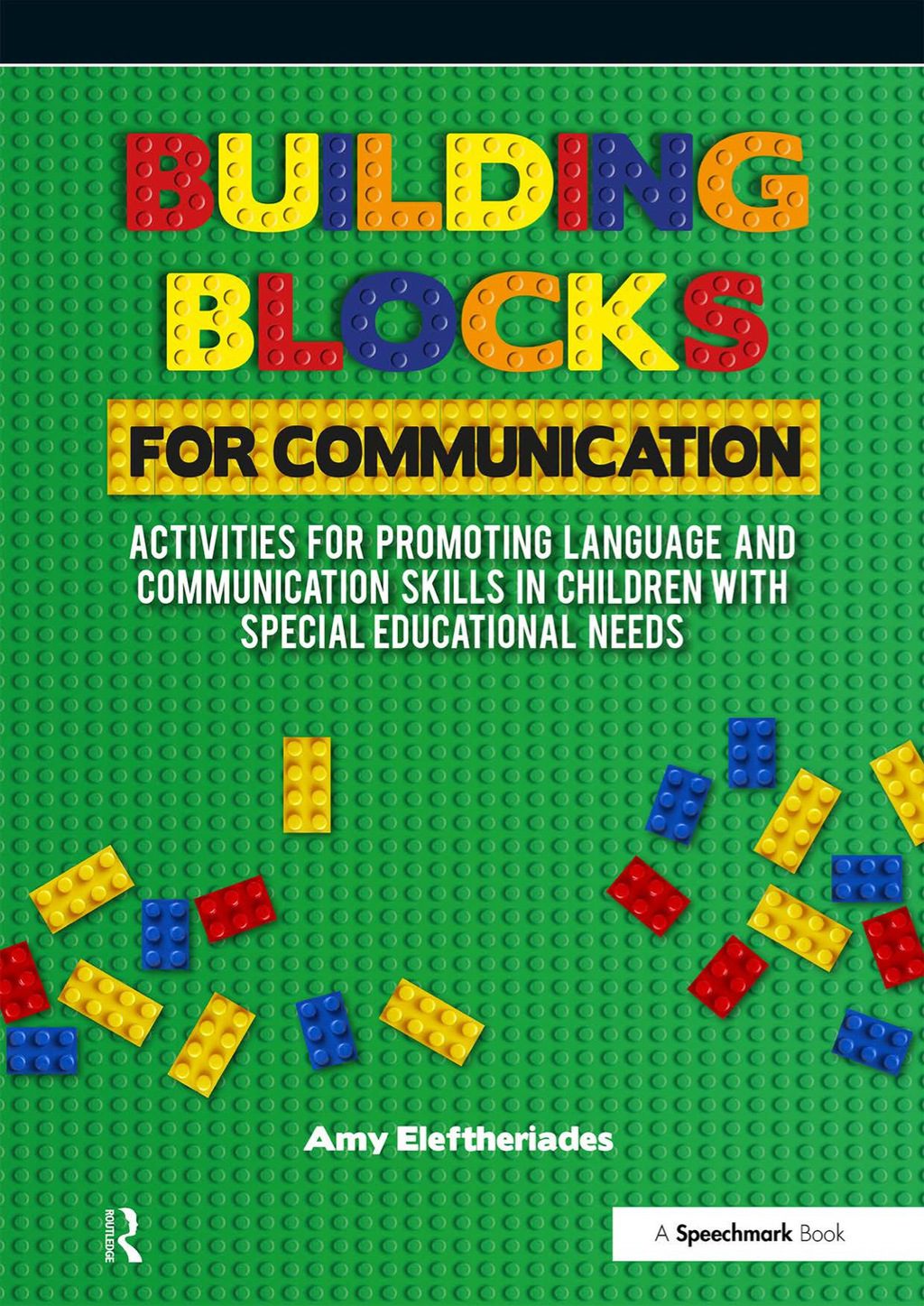
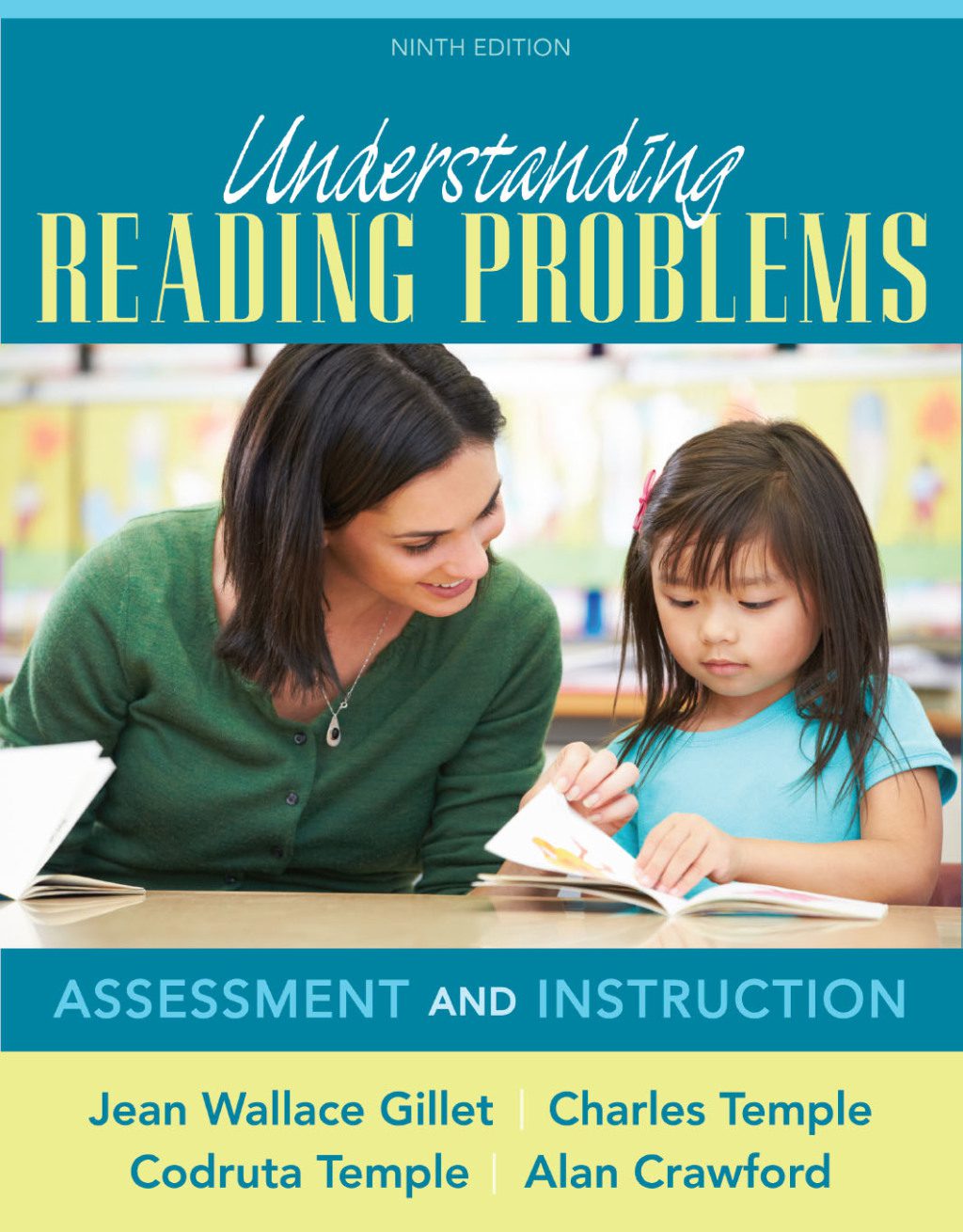
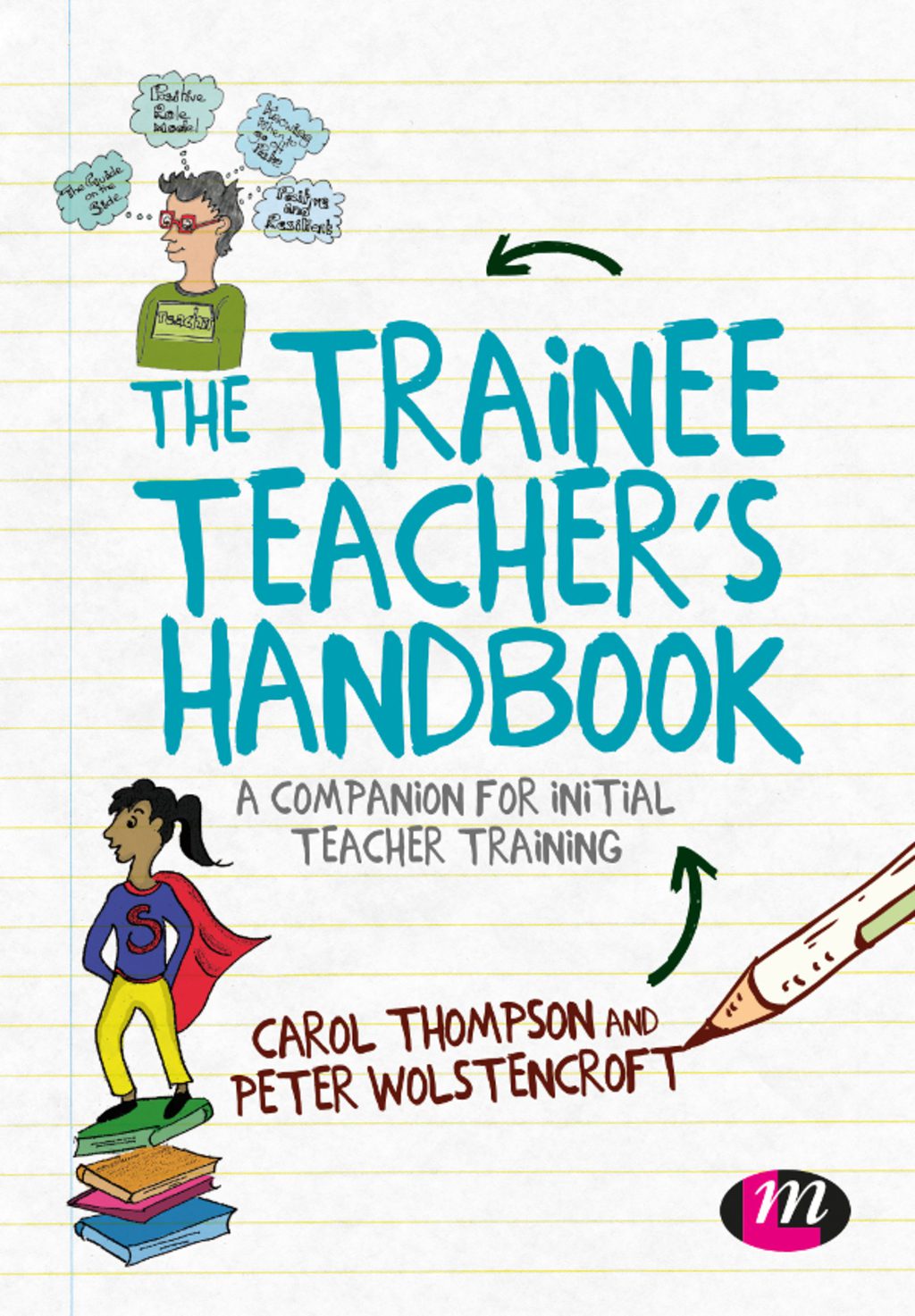
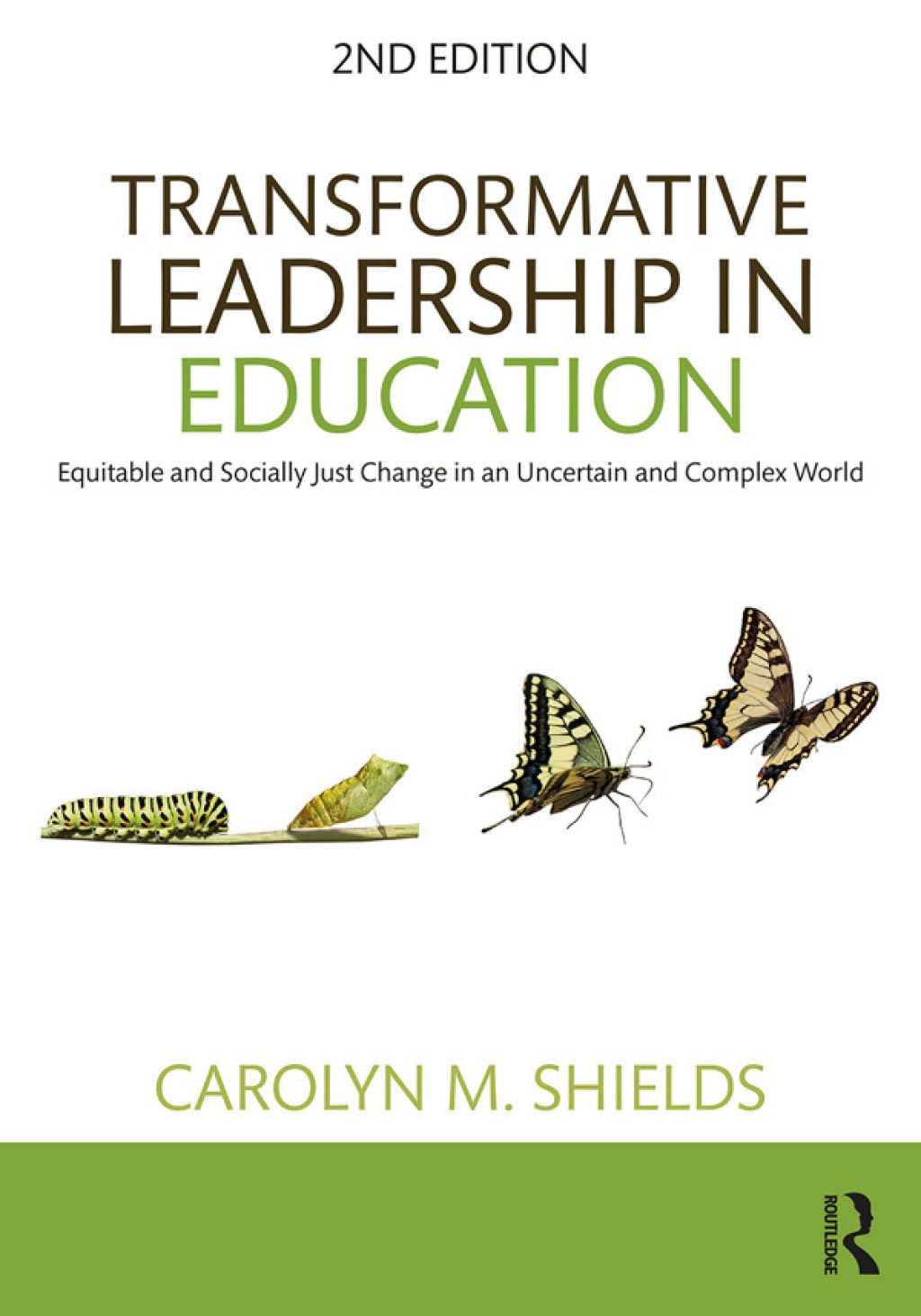
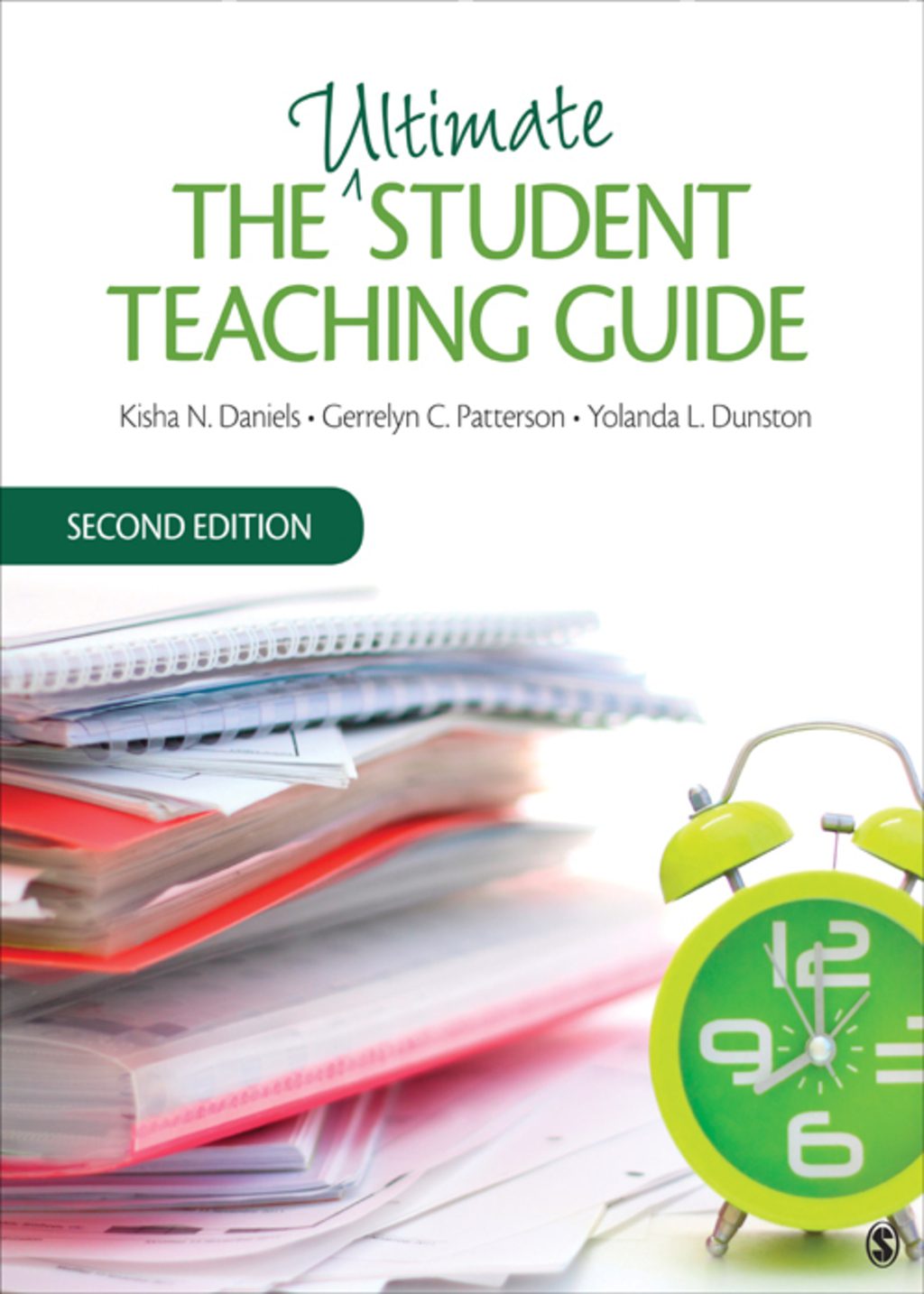
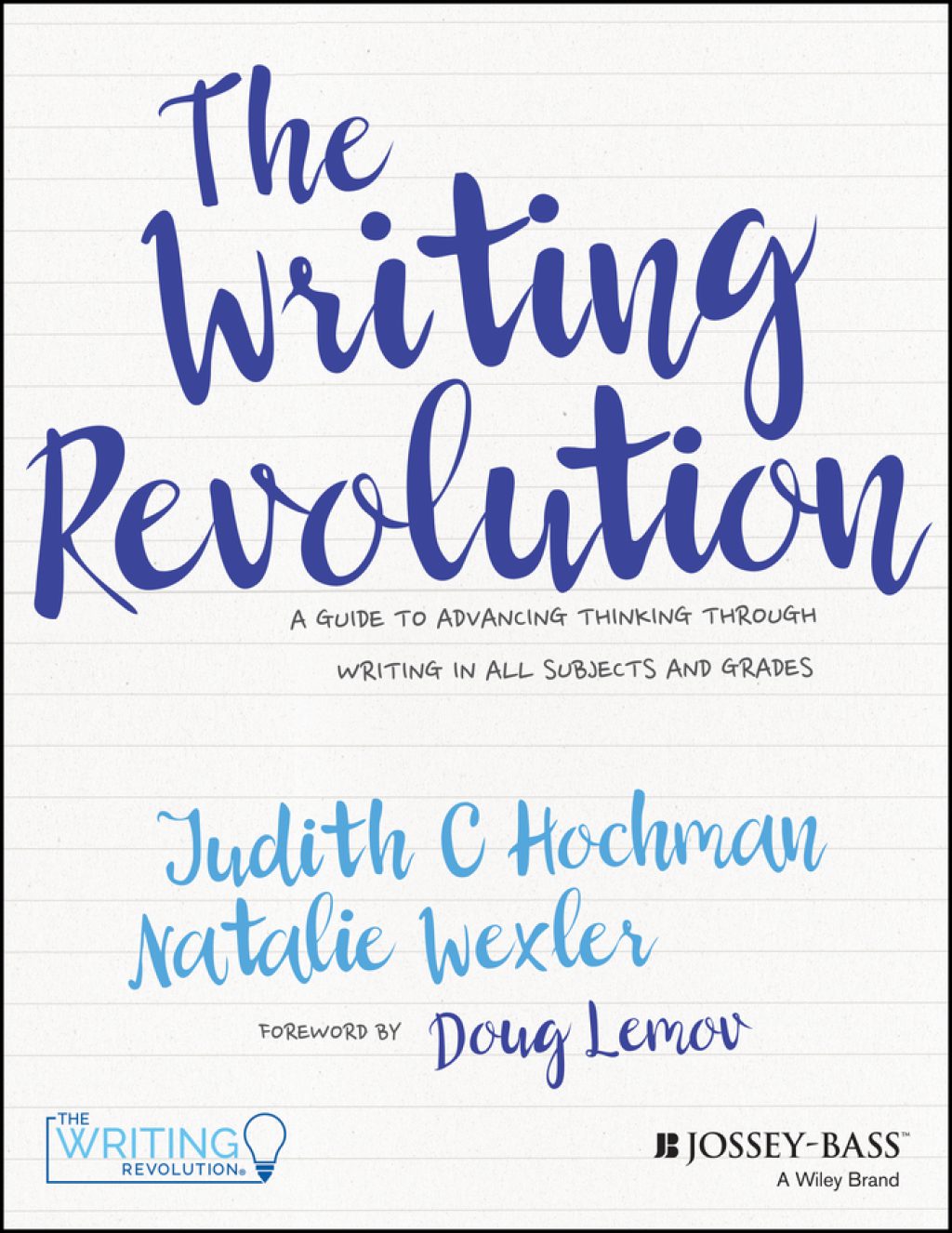
Reviews
There are no reviews yet.